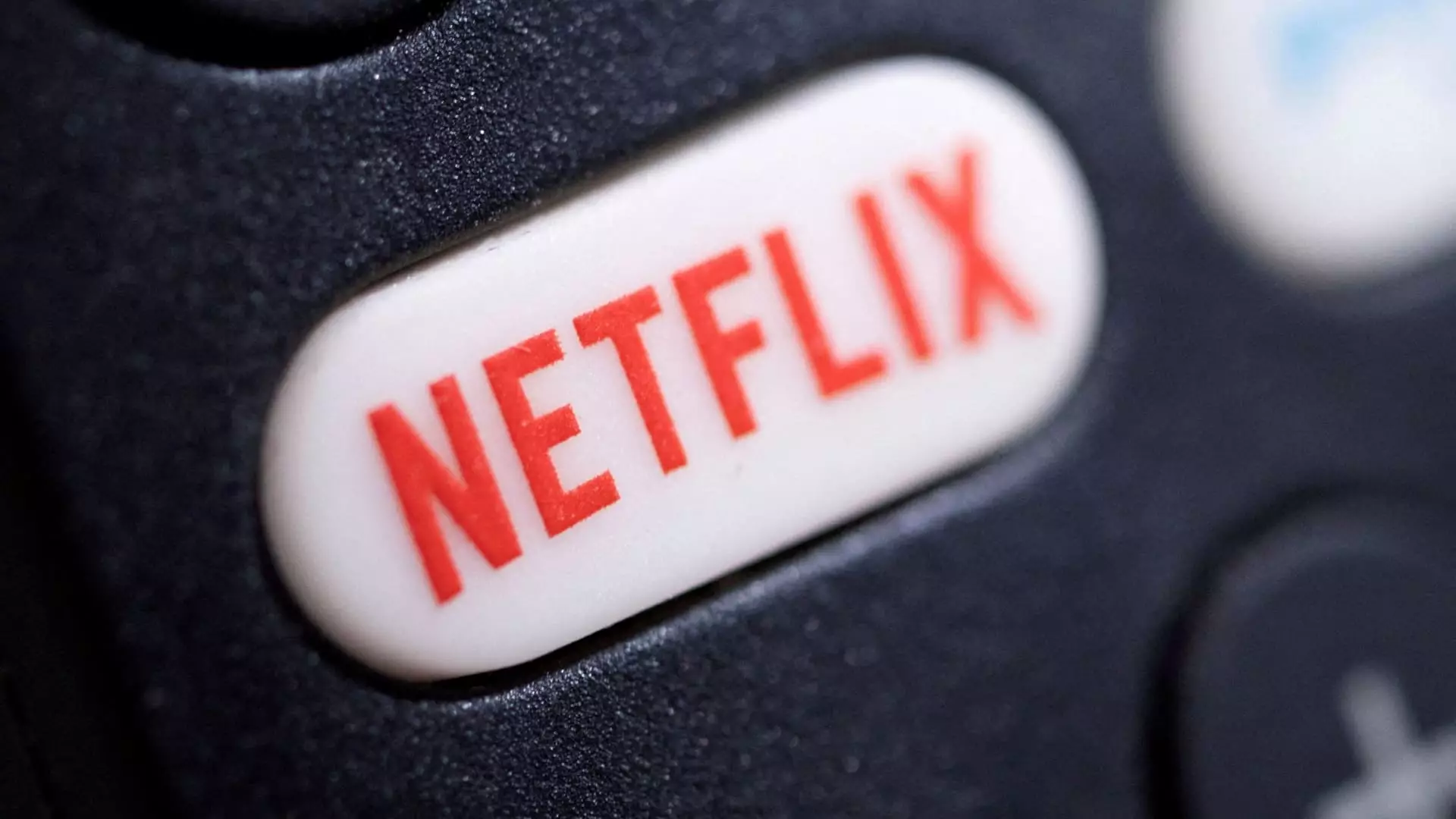In the unpredictable world of finance, stock market fluctuations paint a vivid picture of current business dynamics and investor sentiment. Recent trading activity has underscored the overwhelming complexity of corporate fortunes, with notable highs and lows sparking debates about strategic management and market confidence. On one end of the spectrum, technology and banking giants dominated headlines with impressive growth, while other behemoths struggled under significant pressure, revealing the stark disparities in today’s economic climate.
Take, for instance, Hewlett Packard Enterprise (HPE), whose shares soared a staggering 5% following the announcement that Elliott Management has taken a substantial $1.5 billion stake in the company. A leading activist investment firm, Elliott’s involvement signals a potential awakening for HPE, represented through robust dialogue on enhancing shareholder value. This strategic pivot could very well delineate a path forward in a climate where technology companies must pivot or perish.
Conversely, Boeing’s reputation took a hit as reports surfaced that Beijing had instructed Chinese airlines to halt any new deliveries and purchasing of Boeing aircraft. The reaction from investors was evident; Boeing’s stock price dipped slightly, showcasing the company’s undeniable reliance on international markets and trade relationships. Herein lies the delicate balance corporations must strike: managing global dependencies while navigating geopolitical tensions. The wider implications of such decisions not only reflect on Boeing’s prospects but also illuminate the vulnerabilities faced by companies operating on a global stage.
Banking Sector Resilience Amid Economic Headwinds
In stark contrast to Boeing’s trajectory, financial institutions like Bank of America displayed surprising resilience, seeing their shares rise by 4%. Their latest quarterly earnings surpassed analysts’ predictions, attributed to impressive net interest income and trading revenue. The results not only highlight the bank’s operational strengths but also underscore a more robust financial ecosystem compared to many of its peers. Meanwhile, Citigroup, boasting a near 4% increase in stock value after their own better-than-expected earnings report, further emphasizes the ongoing rebound in the banking sector.
These favorable outcomes suggest that not only have these institutions adapted well to economic challenges, but they may also indicate an underlying consumer confidence that could propel the economy forward. Their performance stands in sharp contrast to other sectors that are grappling with both consumer sentiment and operational hardships.
The Consumer Sector in Turmoil
On the flip side of positive economic indicators are corporations like Albertsons, which faced severe backlash as its stock tumbled nearly 8% when the grocery company missed market expectations in its full-year earnings guidance. Despite reporting exceeded earnings in the fiscal fourth quarter, the outlook was not optimistic enough to assuage investor concerns. Retail giants like Albertsons experience the merciless scrutiny of analysts and shareholders in ways that tech and finance counterparts might escape; consumer sentiment can be fickle, and any misstep could precipitate a rapid decline in stock value.
Coty, a beauty industry player, saw a remarkable decline in market position as well, experiencing a nearly 9% drop following Bank of America’s downgrade. This underscores a worrying trend: consumer spending is under pressure, which leads to repercussions for businesses tethered closely to discretionary spending. When the average consumer tightens their purse strings, companies heavily reliant on retail sales inevitably suffer—a cautionary tale for shareholders.
Technological Innovations: A Double-Edged Sword
In a twist of fortune, companies rooted in innovation caught the wave in the stock market with Rocket Lab’s shares soaring almost 9% due to exciting new military contracts for hypersonic technology. This reflects a broader trend within the defense sector where governmental contracts buff up stock prices amidst uncertainties. Companies like Rocket Lab embody how advancements in technology can provide leverage and re-establish market dominance, although such growth often hinges on government funding.
However, this narrative of success is timely, as firms like Mobileye faced a 4% drop due to revised ratings amidst escalating concerns regarding tariffs and investment in auto technology. This serves as a reminder that not all tech innovations guarantee growth; the rollercoaster effect of market sentiment can easily turn favorable news sour, revealing the intricate web of economic dependencies that characterize modern trade.
A Cautious Outlook for Future Growth
Even as certain segments of the economy show resilience and opportunity, others remain entrenched in uncertainty. Companies like Dow and Howmet Aerospace, dealing with downgrades amid economic pressures and valuation concerns, highlight the precarious position of many corporations facing global challenges. The market appears to be at a crossroads; while innovation and finance sectors thrive, broader economic indicators signal a need for caution among industry players.
Investors are left pondering: will these fluctuations stabilize, or is this merely the calm before a more tumultuous storm? As corporations adjust their strategies in response to both immediate and long-term challenges, the need for agile leadership and decisive action cannot be overstated. The market, as it currently stands, provides a compelling canvas—a mixture of opportunities, uncertainties, and fundamentally shifting paradigms.

